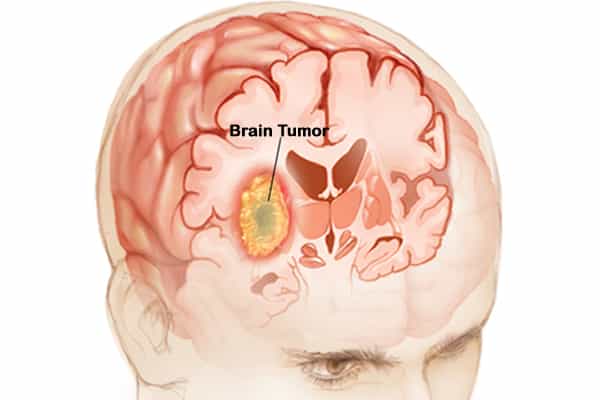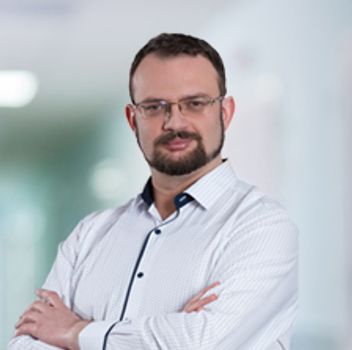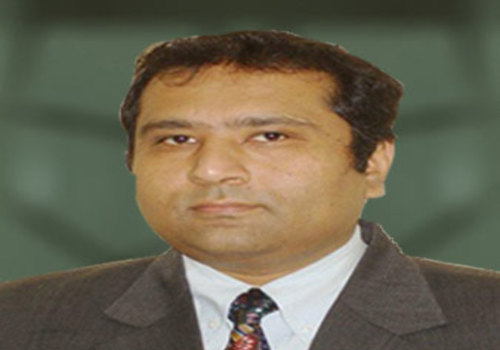What is Brain Tumour?

Countering Brain Tumour? This is what it takes
As you are diagnosed with a disease like a brain tumour, insecurity takes the control of your thoughts. In such circumstances, only knowledge could help you in paving your way towards countering this disease. This article brings to you everything you should consider knowing about brain tumours and their treatment.
What is it?
Brain tumour refers to an abnormal tissue growth taking place in the brain or central spine that could affect the functioning of the brain. Tumours are categorised on the basis of the point of origination of tumour cells and whether or not they are cancerous. Following are some major types of tumours:
Benign: These are the least harmful type of tumours, they tend to originate from the cell in the brain or around the brain. They are non-cancerous and have defined limits which avoid their spreading in surrounding tissues.
Malignant: The tumours containing cancer cells are called malignant. They are known for growing at a fast pace and infecting surrounding tissues. This type of cancer may prove fatal if there is lack of immediate treatment.
Apart from this, the tumours could also be classified on the basis of their origin, the tumours that start in the brain cells are denoted as primary whereas, the tumour originating outside the brain before spreading to the brain are called secondary tumours.
What are symptoms of brain tumour?
Though the symptoms of a brain tumour may vary from person to person and situation to situation, many times the symptoms aren’t even noticed before a tumour is detected. Here is a list of commonly witnessed symptoms:
- Frequent headaches
- Eyesight problems
- Malfunction in coordination
- Seizures
- Short-term memory loss
- Certain changes in personality
What are some treatment alternatives?
Treatment of a brain tumour stays dependent on a wide array of factors, including the location, size and type of a tumour. Patient’s age is also considered while determining the right treatment option for a tumour.
Surgery
If a tumour is located at an easily accessible place in the brain, the surgery could be a treatment choice your doctor might recommend. If a tumour is small and could be separated from the surrounding tissue with no trouble, the surgeon could remove an entire tumour. But there are some cases where a tumour couldn’t be separated from the surrounding tissue or it is located in a critical area, in such cases, surgeons try to remove them as much as much as possible. An alternative treatment could be opted to remove remaining tumour cells.
The surgical method often possesses a number of risks like bleeding or infections, you should discuss them with your surgeon in detail.
Radiation therapy
Radiation therapy is a method that involves using high energy beams such as X-Rays or protons to eliminate tumour cells. In this process, a beam is projected on your body using a machine that’s outside. These external beams can either be focused on one single spot to kill tumours located there, or it could be dispersed to the entire brain when the cancer is spread throughout the brain.
In a recent form of radiation therapy, proton beams are prefered as they have fewer chances of side effects. However, studies show that the effectiveness of proton beams is yet a question of doubt.
Radiosurgery
Radiosurgery or stereotactic radiosurgery is not the typical form of surgery that you might imagine, instead, it uses multiple radiated beams to kill a tumour. A single beam of radiation is usually not that powerful, but when multiple radiated beams are projected on a single point where a tumour is located, they become powerful enough to kill the tumour cells. There are a variety of technological options used in this surgery for eg. Gamma knife, Linear Accelerator.
Chemotherapy
Chemotherapy is all about the use of drugs to kill tumour cells. The intake of these drugs can be either in the form of a pill or it could be injected into a vein. Temozolomide is most commonly used drug in chemotherapy among other available drugs. The side effects of chemotherapy include Vomiting, Nausea and hair loss.
Targeted drug therapy
Targeted drug therapy is concerned with blocking certain abnormalities in the cancer cells with the help of drugs, this causes cancer cells to die. However, targeted cell therapy is still not fully developed and is only available for certain types of tumours.
Recovery after treatment
Once the surgery is done, surely the tumour is treated successfully, but it could cause swelling in the brain resulting in some temporary problems. You may feel dizzy for a while and you would find it difficult to understand things around you. But all these issues are natural and a part of your recovery process. Patience and persistence are two key elements that you would require for proper healing to take place. If a tumour had left you with some physical or speech-related symptoms, your doctor might suggest you consult a physical therapist to get them treated gradually.
Your physical therapist will help you in improving your walking, the balance of the body and overall strength. There are specialised speech therapists too, who can help you in countering speech related symptoms and restoring your normal speech after the surgery.
What is the Cost of Brain Tumor Treatment?
The cost of brain tumour treatment might be quite high in the western world, and chances are that you might not be comfortable with affording it. But if you are the person who doesn’t like compromising on quality treatment, medical tourism could be the right option for you. Amongst many eastern countries, India is known for the quality of medical services it has to offer. It is home to best neurosurgeons you can consult for brain tumour treatment.
Our team at MedMonks is highly dedicated to assisting you in your medical tour to India. We stand beside you for all your medical and non-medical needs and worries. Our team makes sure that you find the right doctor and hospital for brain tumour surgery in India. Our services add much-needed comfort and convenience to the process of your treatment as well as healing.





